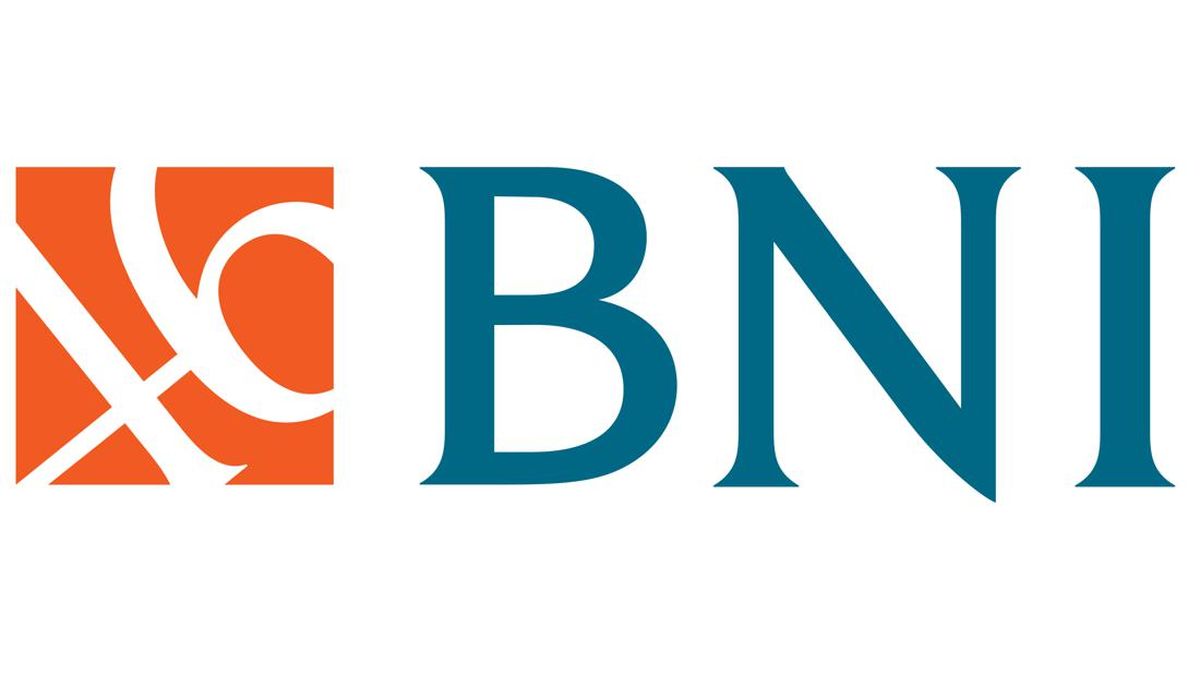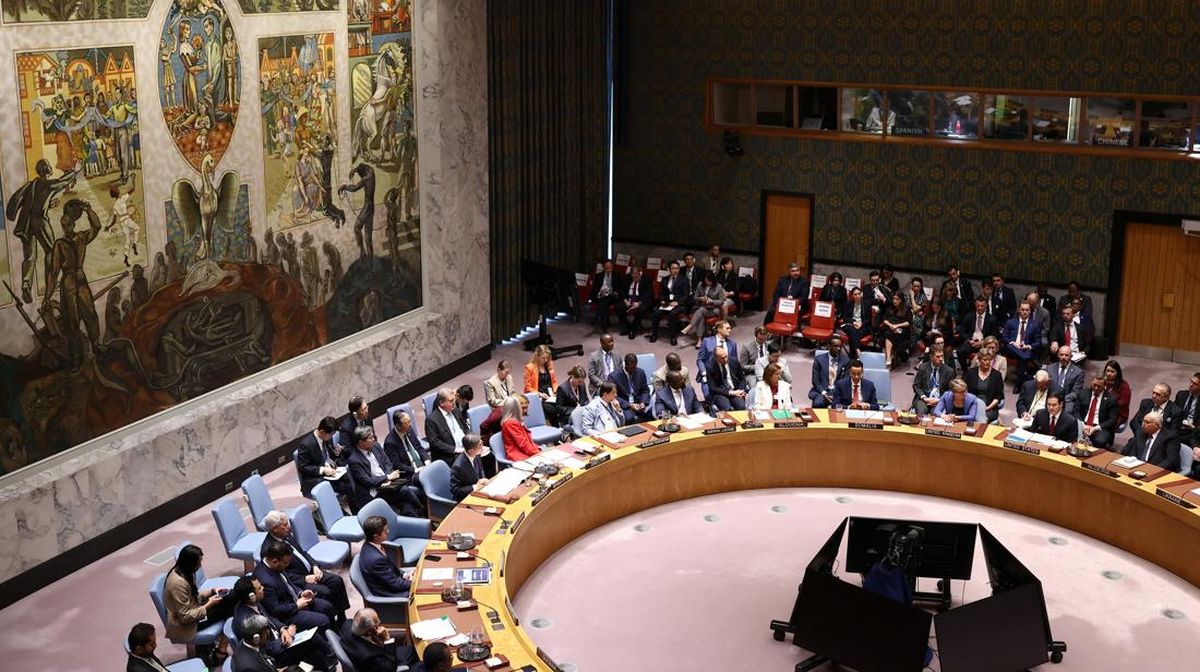Social media giants are being urged by Reserve Bank governor Michele Bullock to do more to pull down scams and financial spoofs from their platforms, while she also admitted huge technology changes posed a “scary” threat to the nation’s cutting-edge payment system.
As the competition watchdog revealed growing concerns about people in regional areas having access to cash, Bullock used an address in Sydney to express her concerns about the security of the payment network and the threat to it posed by financial criminals.
She said quantum computing, which promises the ability to process problems much faster than current computers, could mean encryption systems used to protect confidential data, which once would take 200 years to crack, could be done in “just minutes”.
“The fight against fraud and scams will no doubt require further innovation, adaptation and co-operation by the payments industry – we can be certain that fraudsters won’t stand still in their efforts to steal people’s data and money,” she said.
“One important example is the need to protect card users against advances in quantum computing, which is expected to result in current encryption standards being broken sometime in the future.”
Loading
Bullock, who described attacks on confidential data as a “big threat” to banks and private companies, revealed her own family had recently managed to avoid a spoof scam but such attacks could become more common.
The Reserve Bank is expected to cut interest rates at least once more this year, adding to the three reductions it has made since February. Those rate cuts have added pressure to the nation’s property market, with values lifting every month since the bank started easing monetary policy.
Speaking after the Bradfield Oration on Friday, Bullock said while interest rates did affect the property market, the lack of supply of new housing across the country was the key issue.
She said a fall in household size, which accelerated through the pandemic, had added to supply pressures, while many older Australians were living in large family homes rather than downsizing.
According to Bullock, stamp duties on property sales – the largest source of revenue to state and territory governments – acted as a disincentive for people to sell their homes or move to take up a new job.
“Many older people whose families have left home, who are still in their large homes, they’re not downsizing. So in terms of this issue of downsizing, I think there is a question about, are there policies, taxes, things we do that are discouraging people, perhaps, from downsizing from large homes?”
The Reserve Bank’s monetary policy committee holds its next two-day meeting on November 3-4.
Bullock said social media, which has come under attack for hosting advertisements from scammers, had to do its own bit to reduce the risk to consumers and businesses.
“They have to be willing and ready to take down spoofs and scams,” she said.
“Everyone has to be engaged in this process of encryption and security.”
While new technology is expected to transform how people pay for goods and services, old-fashioned cash remains a continuing concern for the Reserve Bank.
Bullock said while just 10 per cent of transactions were now done with cash, it remained an “essential part” of the payment system, and as a back-up when digital payments were not available, such as during a natural disaster.

Michele Bullock says that new technology offers huge benefits but also risks to the financial payments system.Credit: Dominic Lorrimer
The collapse in cash usage has pushed the cash movement industry to the brink, with major retailers and the Australian Banking Association (ABA) working together on ways to ensure notes continued to be shifted around the country.
Loading
On Friday the Australian Competition and Consumer Commission said it was prepared to continue allowing the retailers and banks to come up with a long-term solution to cash movement.
But the group will have to develop a plan to “protect access to cash in remote areas”.
“Public access to physical currency is incredibly important, especially for consumers who are reliant on cash payments, including those in regional and remote areas,” ACCC deputy chair Mick Keogh said.
Cut through the noise of federal politics with news, views and expert analysis. Subscribers can sign up to our weekly Inside Politics newsletter.
Most Viewed in Politics
Loading


















































